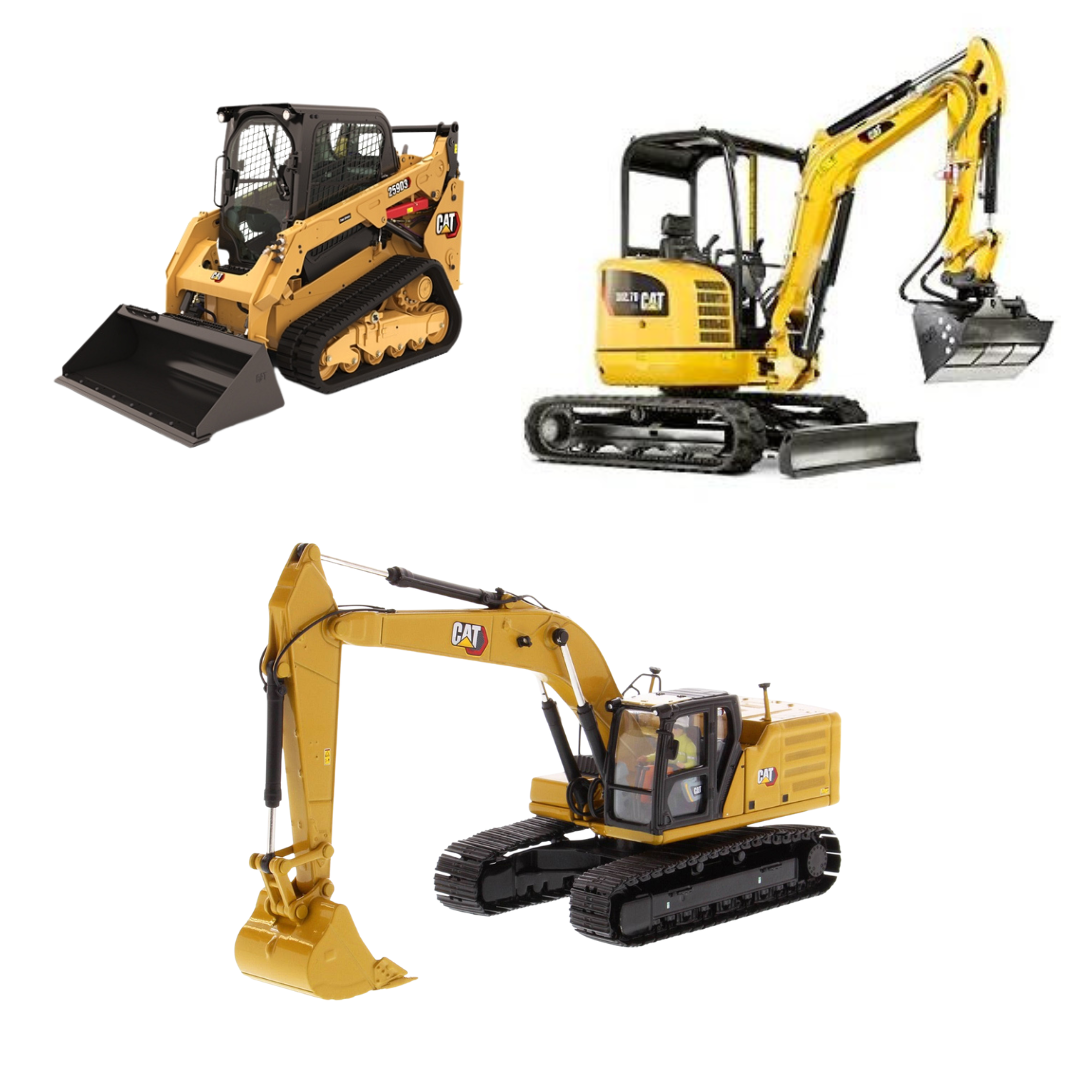Dozer Rental: Powerful Earthmoving Tools for Your Construction Requirements
Dozer Rental: Powerful Earthmoving Tools for Your Construction Requirements
Blog Article
Optimize Your Budget Plan by Recognizing the Prices Related To Construction Equipment Rentals
Recognizing the full scope of costs linked with construction equipment services is critical for optimizing your budget plan. What approaches can be utilized to successfully handle these prices and ensure a more reliable rental experience?
Review of Rental Prices
When taking into consideration building and construction devices services, comprehending the connected expenses is paramount for efficient budgeting and project preparation. Rental costs can differ dramatically based on numerous elements, consisting of tools kind, duration of service, and location. The initial rental charge often shows the equipment's market need and its linked functional capacities, affecting the general expenditure.
In addition to the base rental price, ancillary costs may occur, such as transport fees, fuel surcharges, and maintenance costs. It is crucial to represent these additional costs to properly examine the total cost of renting tools. The rental period can affect prices; longer rentals might certify for reduced prices, while short-term leasings may incur greater day-to-day fees.

Failure of Rental Prices
A detailed understanding of rental prices is essential for service providers and job managers intending to maximize their budget plans. Rental prices for building and construction devices normally are composed of several elements, consisting of base rates, time-based charges, and usage fees.
Base prices are the core costs related to the rental of the equipment, often identified by the kind and size of the machinery. These prices can differ dramatically, influenced by variables such as tools demand, accessibility, and local market fads. Time-based fees, which might be daily, weekly, or monthly, serve to suit different job timelines and rental durations.
Furthermore, rental prices might include use costs, which are appropriate when devices is utilized past a specified threshold, guaranteeing that the rental business can account for damage. Seasonal demand fluctuations can additionally influence rental rates, with peak construction periods normally commanding higher prices.
Furthermore, comprehending the rental business's plans regarding maintenance and insurance policy can supply additional insight right into the general price framework. By evaluating these parts, service providers can make educated choices, guaranteeing the selection of rental equipment lines up with both project requirements and spending plan restraints.
Added Fees to Consider
Recognizing the complexities of extra charges is essential for professionals to handle their overall leasing costs successfully. Past the standard rental prices, numerous extra fees can considerably impact the overall expense of tools service. These charges frequently include delivery and pick-up fees, which can vary based upon distance and logistics associated with carrying the equipment to and from the work site.
Additionally, some rental firms may enforce gas surcharges if the equipment is returned with less fuel than when rented. It is also important to be mindful of prospective cleaning costs, specifically for customized equipment that needs detailed upkeep after use.

Thoroughly assessing the rental arrangement and clarifying these extra charges ahead of time can help contractors make sure and avoid unexpected prices that budget plans remain undamaged throughout the task lifecycle.
Upkeep and Fixing Expenditures
Regular repair and maintenance expenses are often overlooked elements that can dramatically affect the total cost of construction equipment rentals. When leasing devices, it is critical to think about not only the rental costs yet likewise the prospective expenses linked with maintaining the machinery in optimal operating condition.
Many rental companies consist of basic upkeep as component of the rental arrangement; however, more unexpected breakdowns or extensive repair work can cause extra costs. It's crucial to assess the rental contract carefully to recognize what maintenance solutions are covered and what duties fall on the occupant.
Furthermore, tools that is not properly maintained can result in inadequacies why not find out more at work site, possibly raising and creating hold-ups task prices. To minimize these risks, it is recommended to carry out routine evaluations and preserve open communication with the rental company concerning any type of problems that occur during usage.
Insurance Policy and Responsibility Prices
Insurance policy and responsibility prices are important elements that can considerably impact the total expenditure of building and construction devices rentals (heavy equipment rental). These prices make sure that both the rental company and the client are shielded from prospective financial losses arising from crashes, damage, or burglary during the rental period

Additionally, customers must know any type of deductibles or exemptions in the insurance coverage, as these can impact possible out-of-pocket costs. Recognizing the conditions of any kind of insurance protection is important to stay clear of unexpected expenses. Inevitably, budgeting for insurance and obligation costs can assist make certain a smoother rental experience and safeguard versus economic risks related to construction jobs.
Verdict
In conclusion, a detailed understanding of the prices associated with construction devices rentals is vital for reliable spending plan management. By evaluating rental rates, extra fees, upkeep expenses, and insurance demands, companies and people can reduce unforeseen expenditures. This calculated technique not just boosts cost-effectiveness however likewise makes sure that jobs advance efficiently and successfully. Inevitably, notified decision-making relating to devices leasings adds to the total success of building and construction undertakings.
Rental expenses can differ substantially based on several elements, consisting of devices type, period of leasing, and place (equipment rental company). The rental duration can impact rates; longer leasings may certify for affordable prices, while short-term services might sustain higher day-to-day fees
By carrying out comprehensive study and engaging with trusted rental firms, specialists can effectively navigate the complexities of rental prices, ultimately maximizing their economic resources.
Past the basic rental rates, numerous supplemental costs can considerably influence the total price of tools rental. Rental business usually offer responsibility insurance that covers injuries to third parties or damage to residential or commercial property, while tools damages insurance can cover the expense of fixings or substitute if the leased tools is harmed.
Report this page